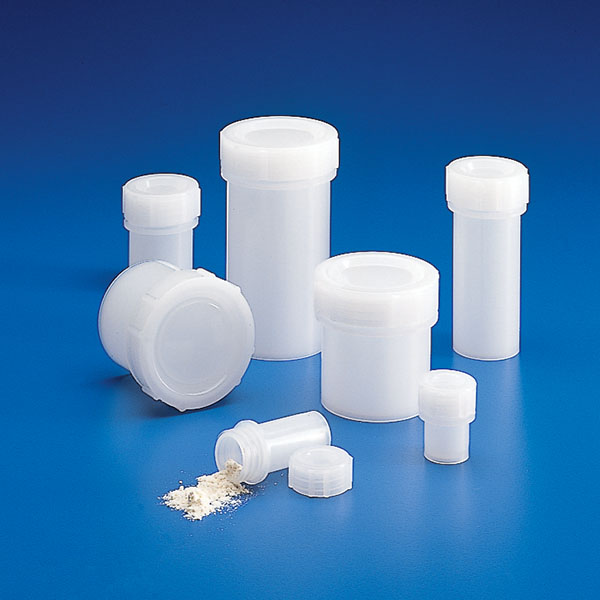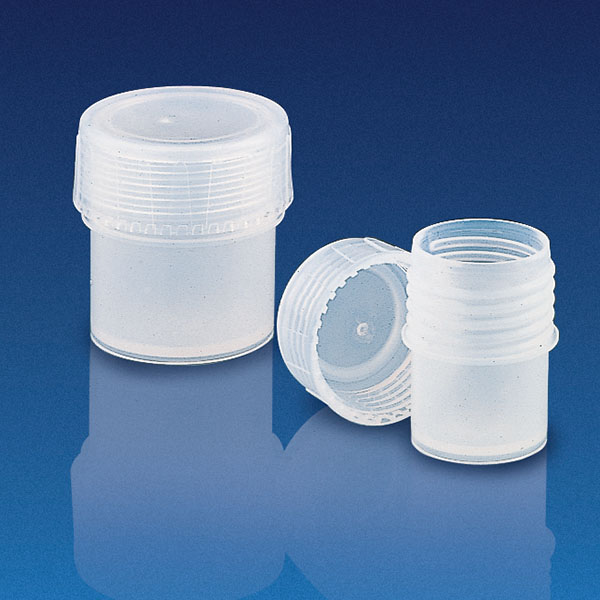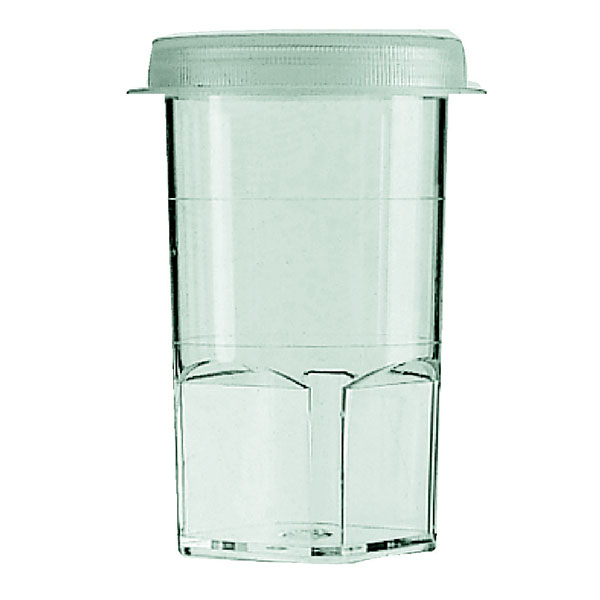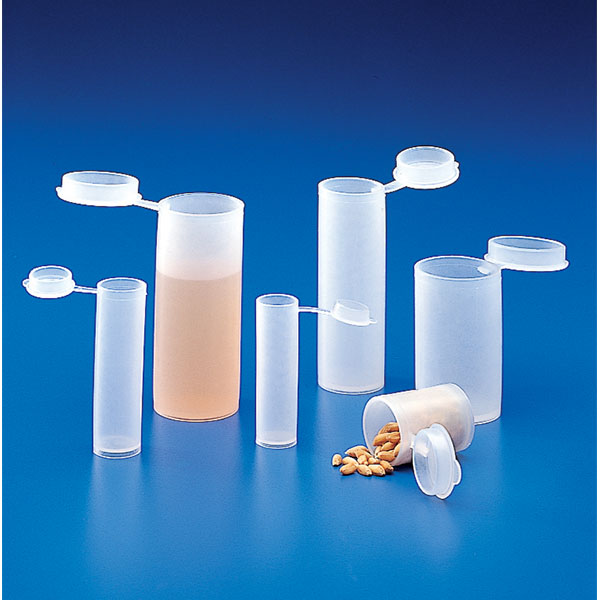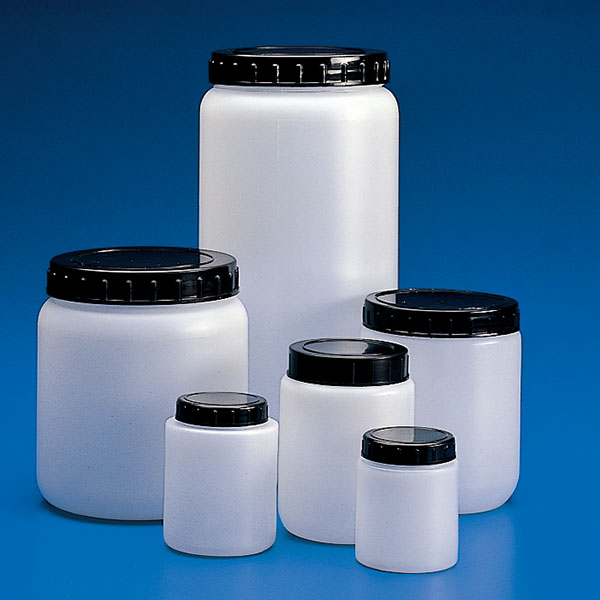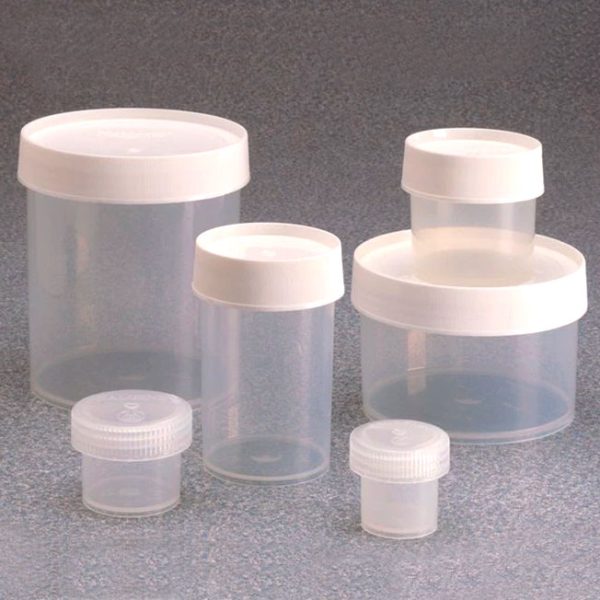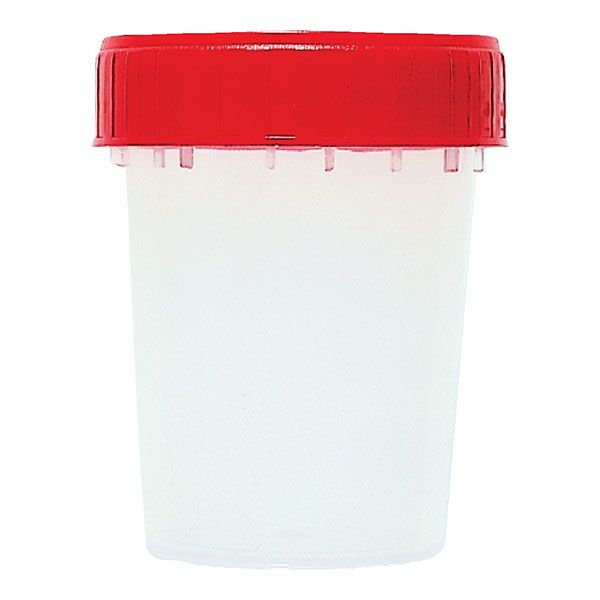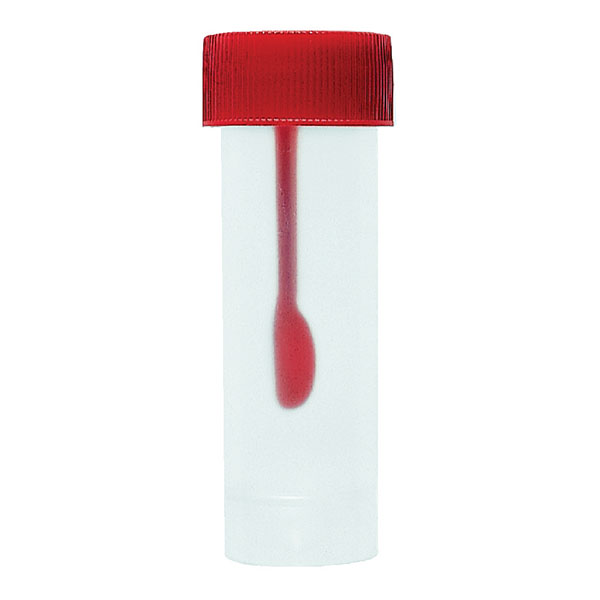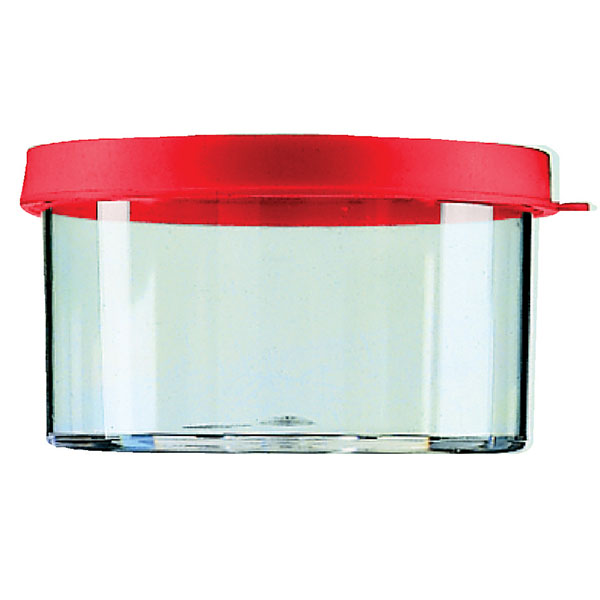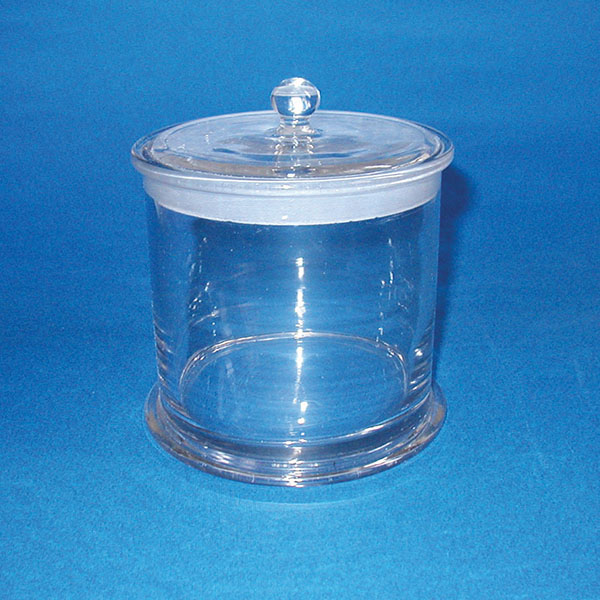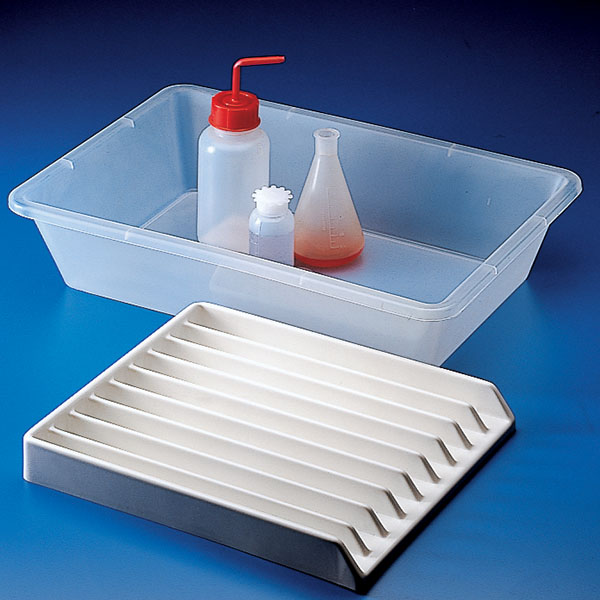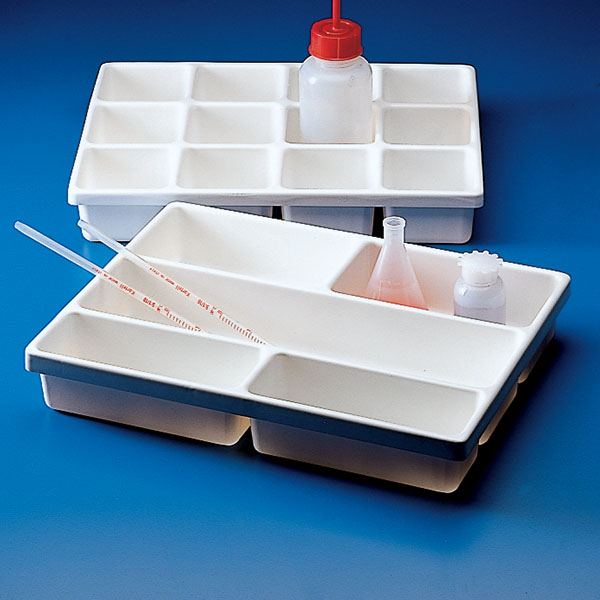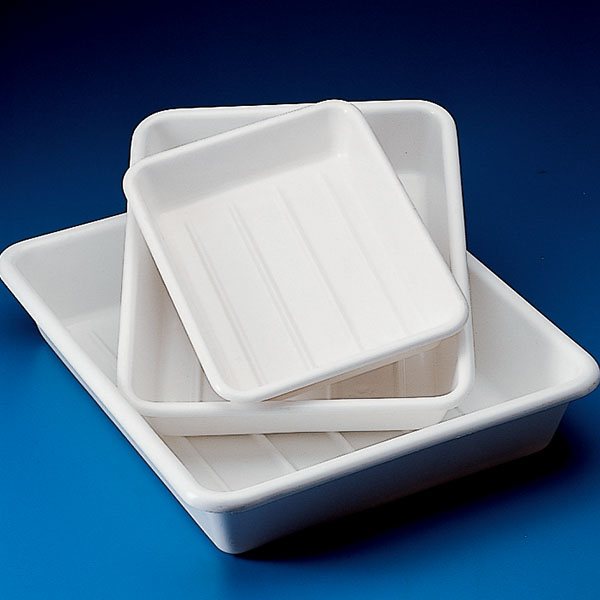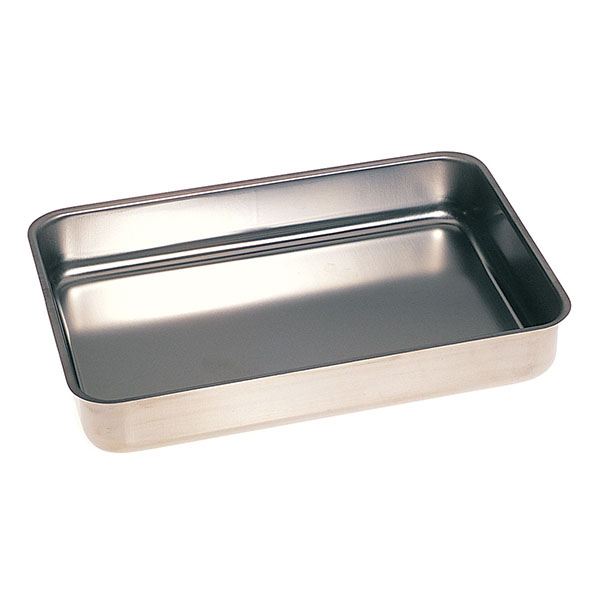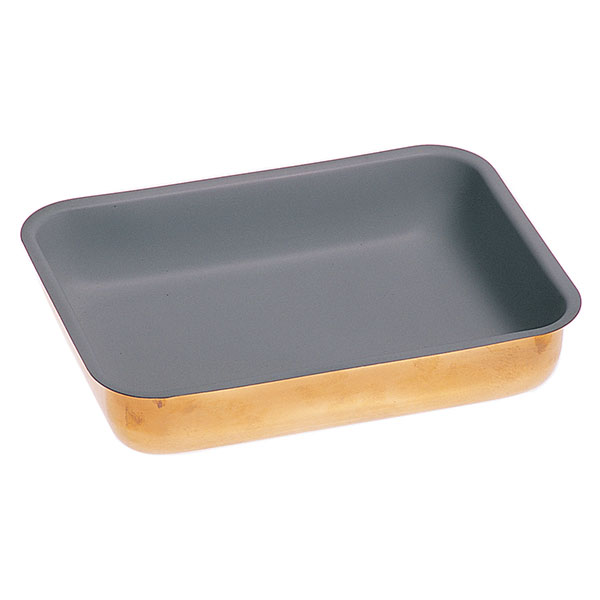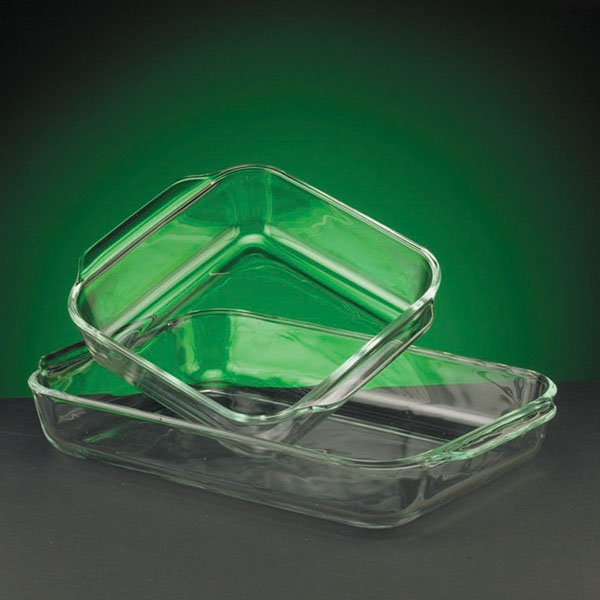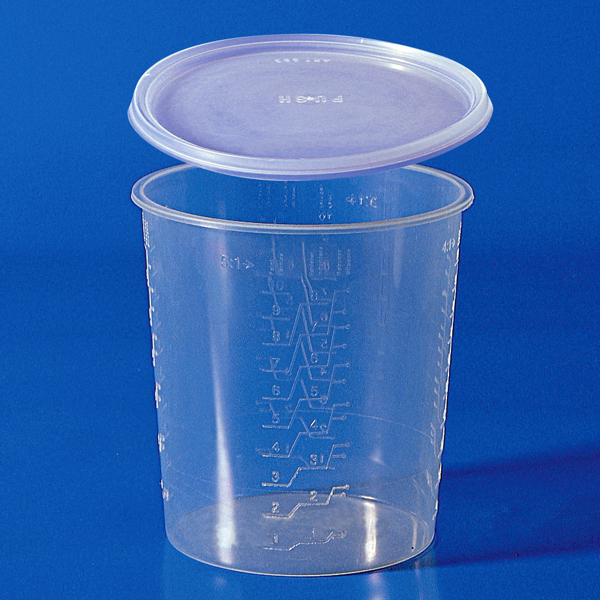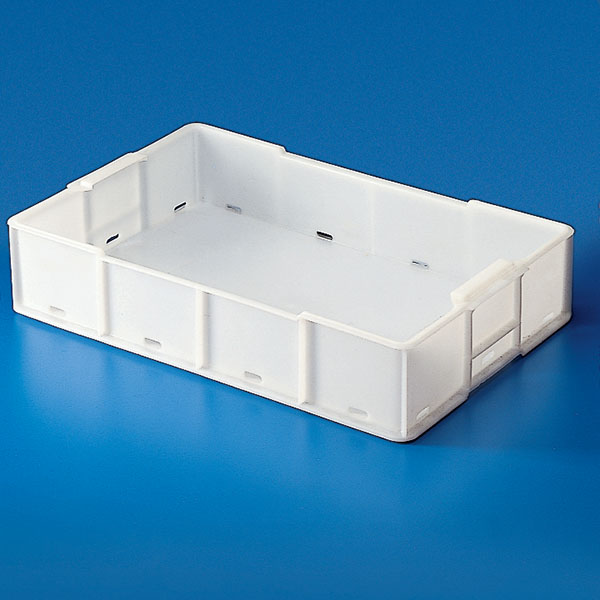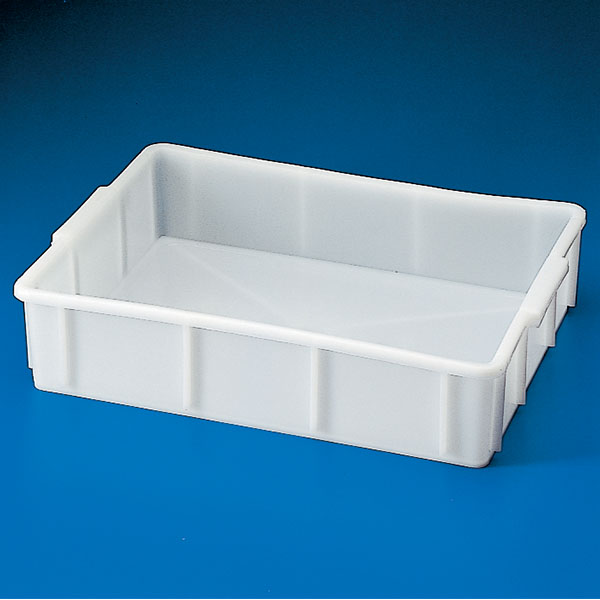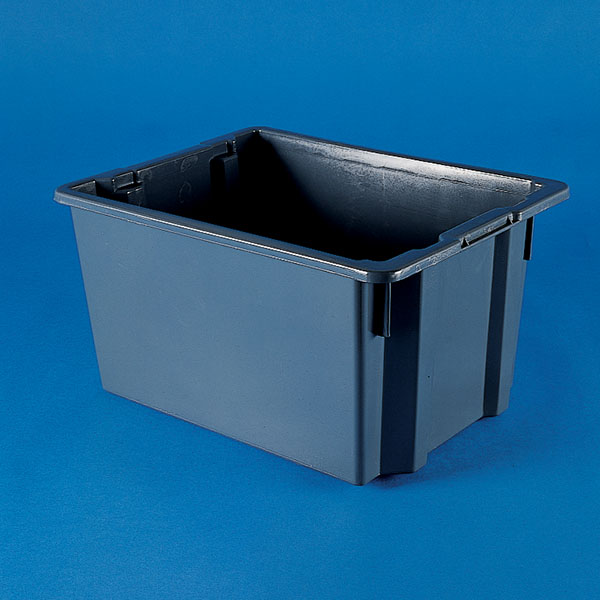Laboratory containers, although seemingly mundane and everyday items, have a fundamental function.
In the laboratory there are materials of all kinds, from hazardous to organic. Each must be stored but also be within easy reach for sampling or processing.
This is why there are specific containers for each type of material. Powders, granulates, liquids, dense, viscous, etc.
.
Containers for each sector
.
Each laboratory operates in a different sector and each product area uses particular materials. In the field of field analysis, samples of all sizes need to be collected with ease.
In the food sector, all the samples to be analysed must be catalogued, but in small quantities. Therefore, impermeability and isolation must be guaranteed. In addition to this, there are types of sampling that require special equipment such as grain sampling.
Samples for the collection of liquids vary according to the quantity they need to contain, the nature of the sample or the type of pouring.
Sampling containers
Sampling is regulated in every working environment and there are standards to be applied. The precision with which the standards are applied and the use of the most suitable instruments denote the quality of a company.
There are checklists that must be adhered to, which also include rules of behaviour.
Container cleaning
.
The cleanliness of the environment and sampling instruments must be under constant observation.
The containers where substances are stored and stored must also be kept clean.
This is because external factors must not interfere with the nature of the samples taken. Even the slightest external contamination can alter the result of an examination.
The same cleaning agents used to keep the containers or samplers clean can alter the analysis of the contents. As might be the case with faeces or urine containers that need to be thoroughly analysed.
Container closures and materials
.
In addition to storage in the laboratory, containers must also be used to transport samples. For this, the cap must be a perfect seal. With any type of shape.
The materials used often determine the use or nature of the sample they are to contain.
This is the case, for example, with PFA containers which, being an inert material, can contain corrosive chemicals or acids.
Pyrex glass or Teflon bowls are suitable for heating in an oven, while steel ones are useful for containing contaminated materials or for sterile instrumentation.
The containers must be kept in a dry place.
Keeping your laboratory tidy
.
Colaver also sells many supplies for keeping the lab tidy.
As with stationery, laboratory instrumentation also needs to be kept tidy in drawers or cupboards. Pipette trays and the many variants of plastic trays fulfil this function.
Finally, there are also categories of general containers for transporting material such as buckets, trolleys, or bags of various kinds. All of these, even if they do not have specific or targeted functions for individual uses, are indispensable for keeping any laboratory clean and tidy.



